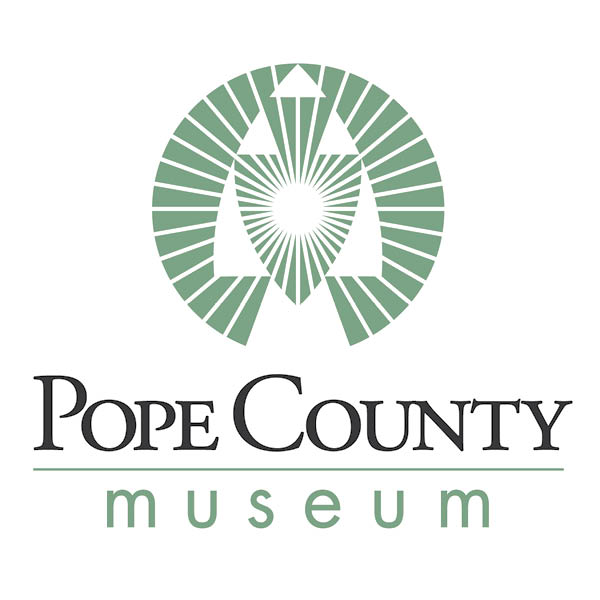George C. Marshall was one of the great Americans
Published on October 16, 2023 at 12:13pm CDT
Stoneage Ramblings
By John R. Stone
My current reading project is working through a four-book biography of George C. Marshall by Forrest Pogue.
When I started it looked like almost too much, but a third of the way into it I’ve been amazed about the man and his leadership skills. It is hard not to contrast those skills with the many folks seeking elective office. They could all learn from reading about this man.
Marshall worked under General John Pershing in WWI and eventually, in 1939, was named Chief of Staff of the US Army. He was known as a quick study, respected leader and a brilliant problem solver. He was named Army Chief of Staff over others with more time in service and higher rank.
He was the right man at the right time. He saw the need to build up the U.S. Army and defense forces in general after Adolf Hitler’s wars in Europe in the late 1930s. If Europe fell, the U.S. would probably be the next target. The Army had less than 200,000 members at the time but was going to expand greatly to nearly 4,000,000 to start.
Those men and women had to be trained, housed, fed and equipped. Initially the expansion was to train people who would only serve one year, then be members of reserve units who would be called to action if needed. Pearl Harbor took care of that.
As Chief of Staff he was responsible for all the planning for that increase in the Army. He worked with Congress on money, policy and planning issues earning respect from both Republicans and Democrats. At the time there was a very strong isolationist movement in Congress and the question was would having a larger Army encourage the U.S. to enter a war or would it be limited to defense.
In WWI Marshall saw problems with leadership and training. So he worked to institute better training for officers such as better training for units with field exercises where leadership skills could be evaluated.
He thought officers should understand how troops were trained. Previously officers didn’t have to go through basic training, just an officer specific course. He thought it was vital that officers also go through basic.
He followed through as well. When military posts were expanded he visited them. He directed there be no special welcome or review of troops. He wanted to inspect barracks, mess halls and make sure the troops were being well cared for as possible. He would also go into nearby towns in civilian clothing to see what the nearby communities thought of the posts. What did they hear?
In one case he found that a post was short much of what it needed. He talked to the quartermaster who said higher ups weren’t sending what they needed. He went to the higher levels personally and found out that someone hadn’t filled out some forms correctly so nothing was being sent. He directed the orders for materials be shipped that day before anyone left work and then directed a study be done to simplify the paperwork process.
Stories spread about his interest in everything to do with making sure troops were properly trained and that kept officers on their toes further down the line.
He also served on the War Committee that included representatives of the U.S. Navy and others. He had some who didn’t agree with him on the committee on purpose. Why? He wanted to make sure that he thought of everything before making a decision, and having people pick apart his ideas was best for the country because it made sure he didn’t miss things.
It has been an interesting read so far and a reminder that there have been some really good people looking out for us over the years.
-0-
The walnut harvest continues, so far I’ve collected 110 gallons of walnuts from the tree in our yard. All are being moved to an adjacent lot where the squirrels can chew them up.




